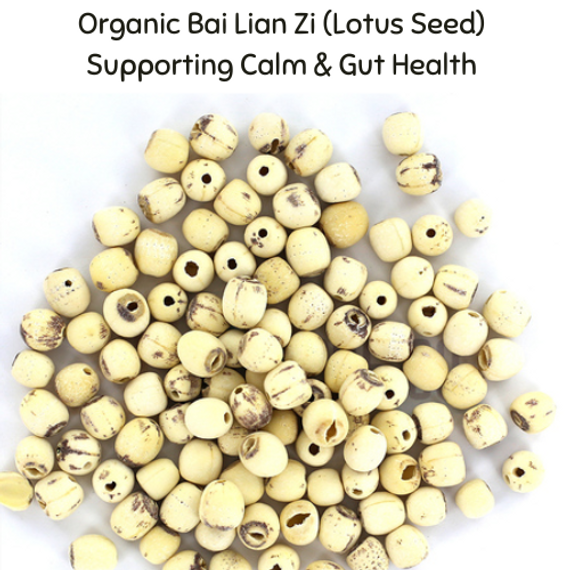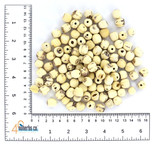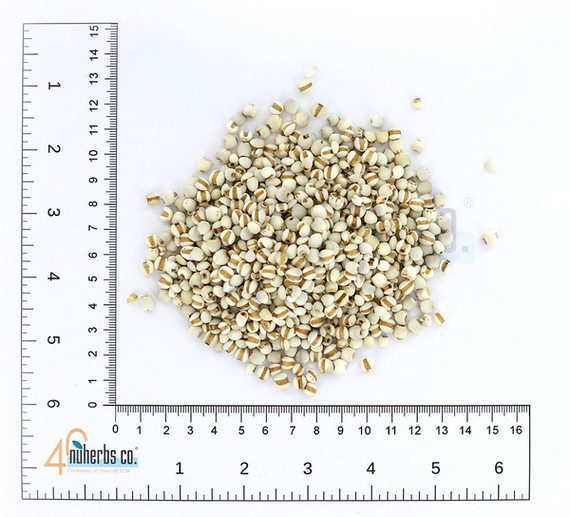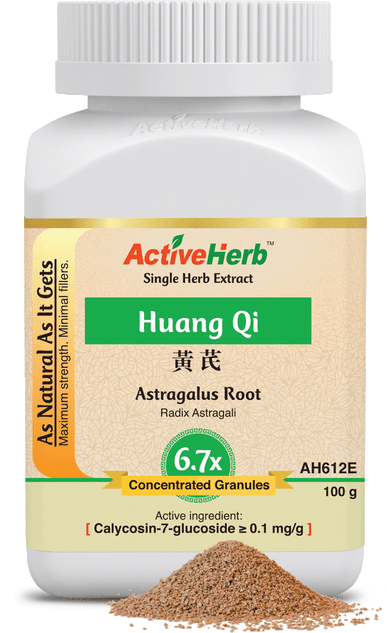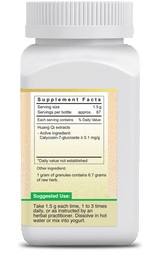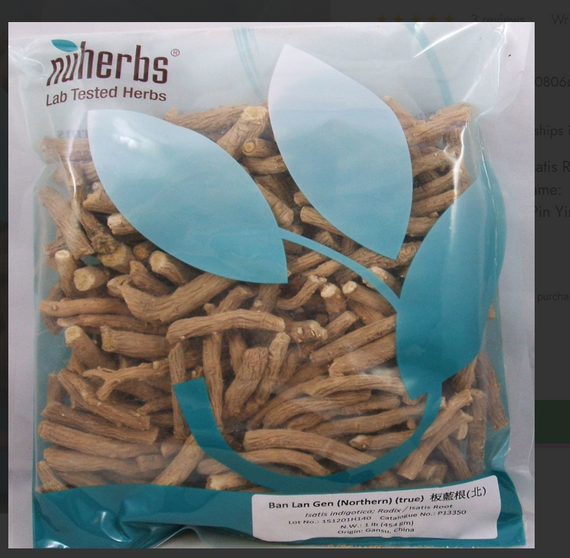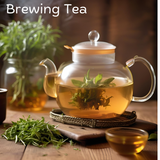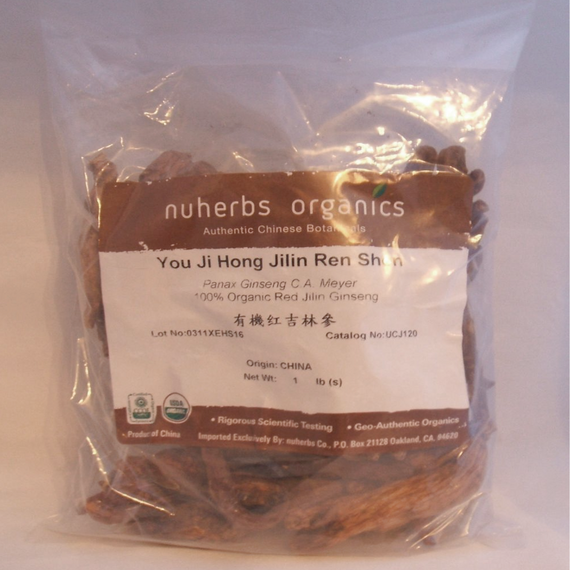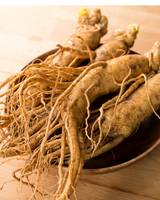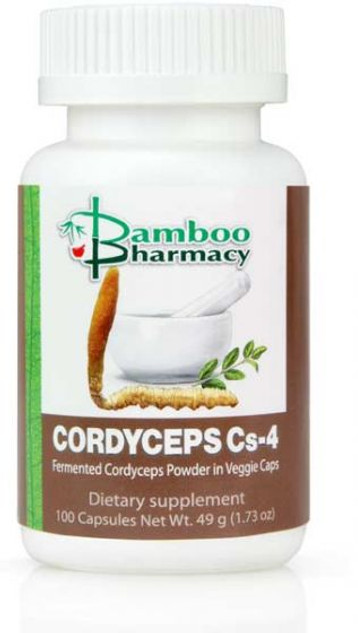

Nuherbs Organic
Japanese Bushy Knotweed Rhizome (Hu Zhang) C.O. Powder - Nuherbs
Herbal Information on Organic Japanese Bushy Knotweed Rhizome in Bulk Powder Form Hu Zhang: Unveiling the Miraculous Benefits of Japanese Knotweed Hu Zhang, also known as Jap

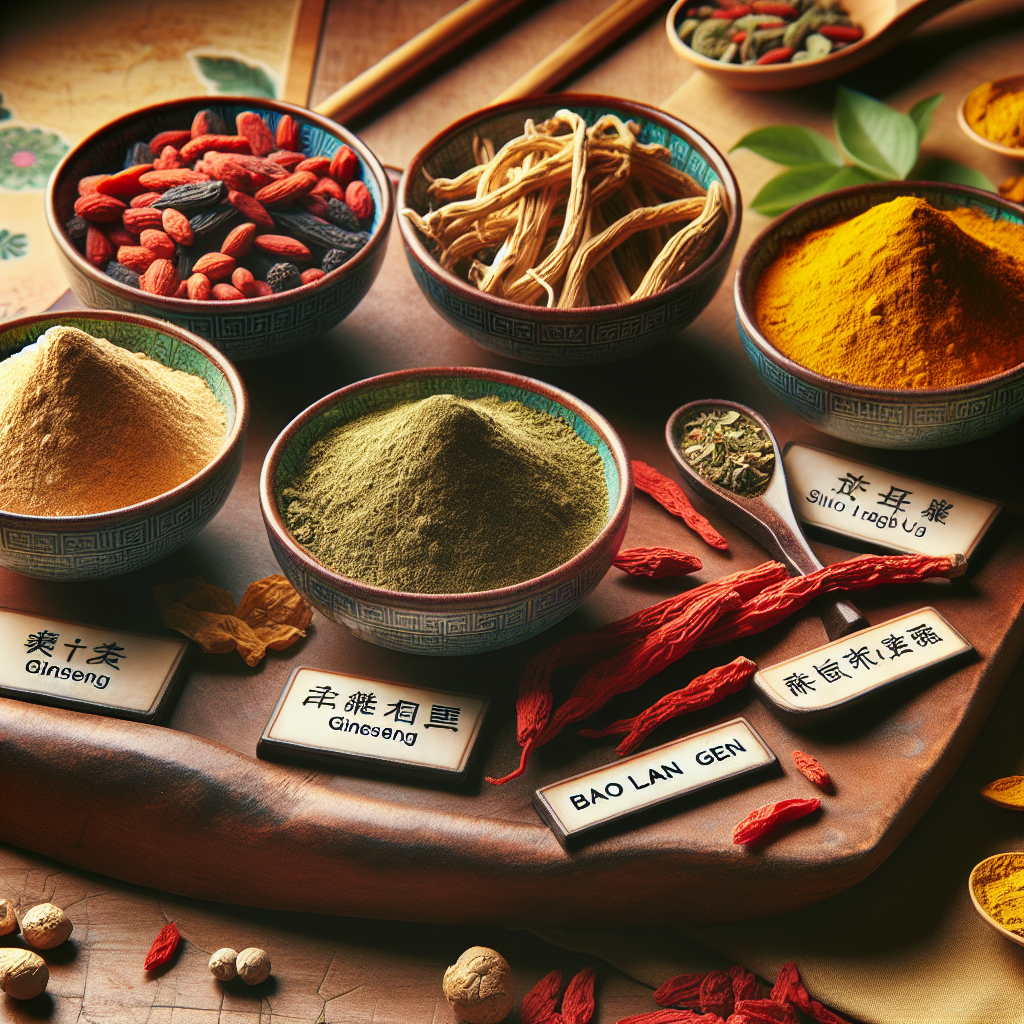 What Are Herbal Powders?
What Are Herbal Powders?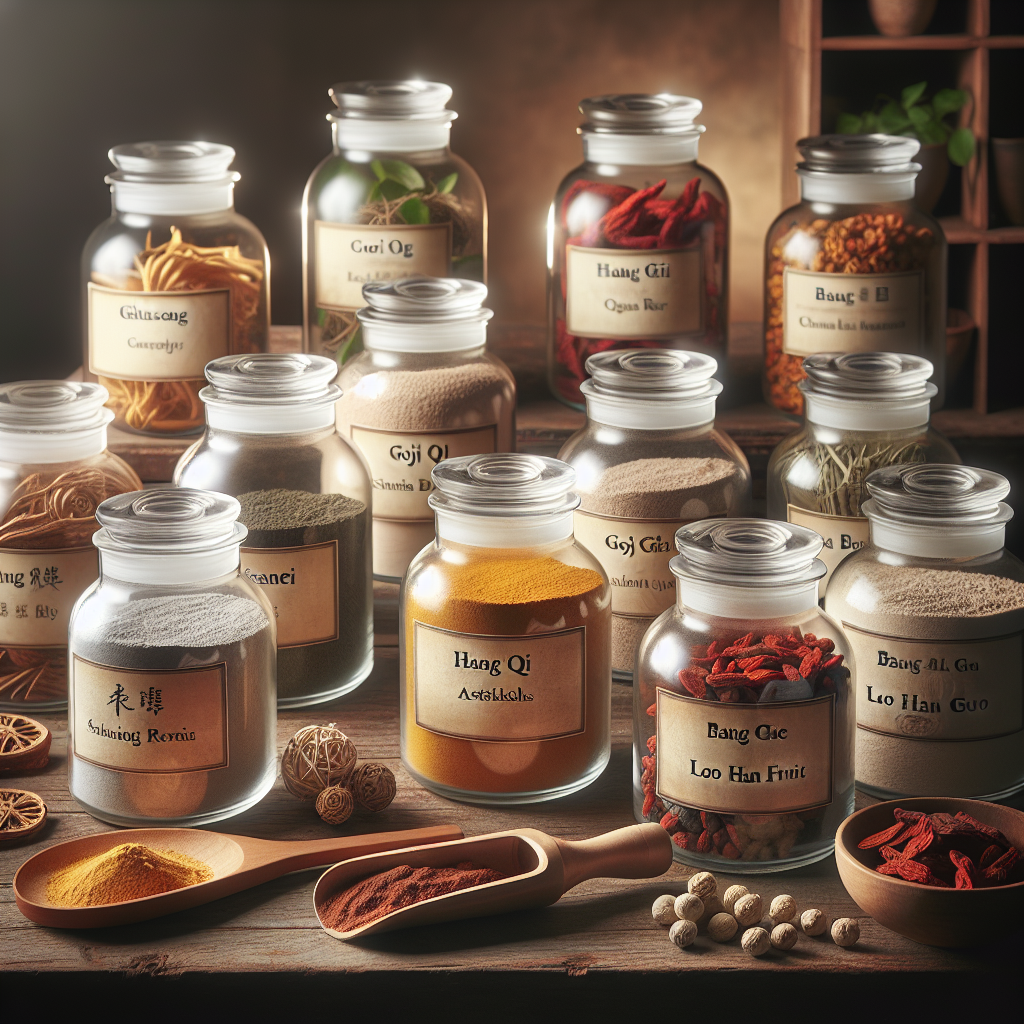 How to Store Herbal Powders Properly
How to Store Herbal Powders Properly